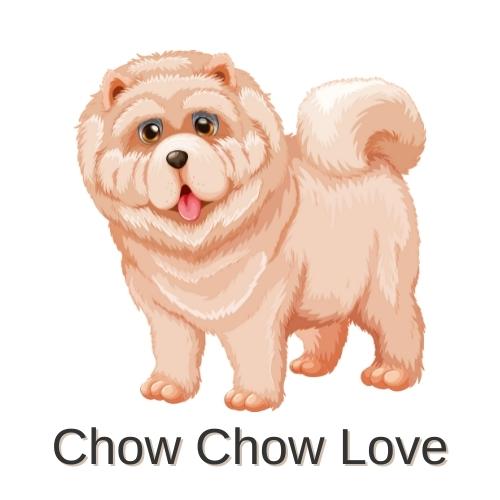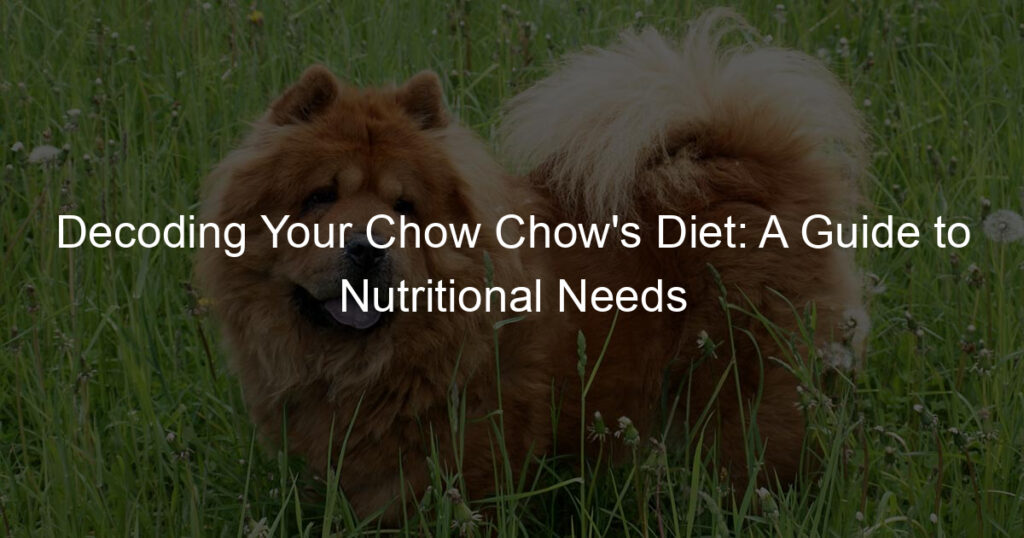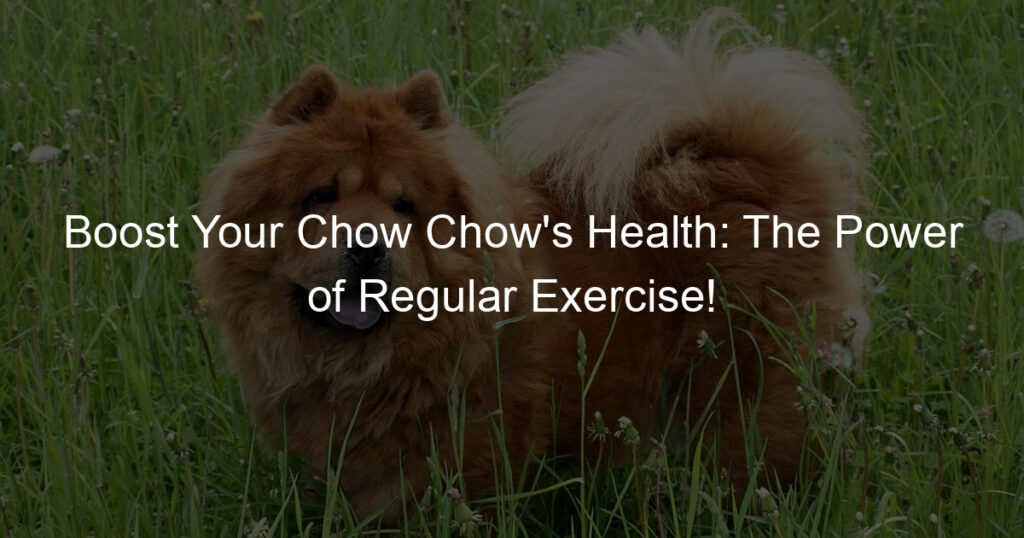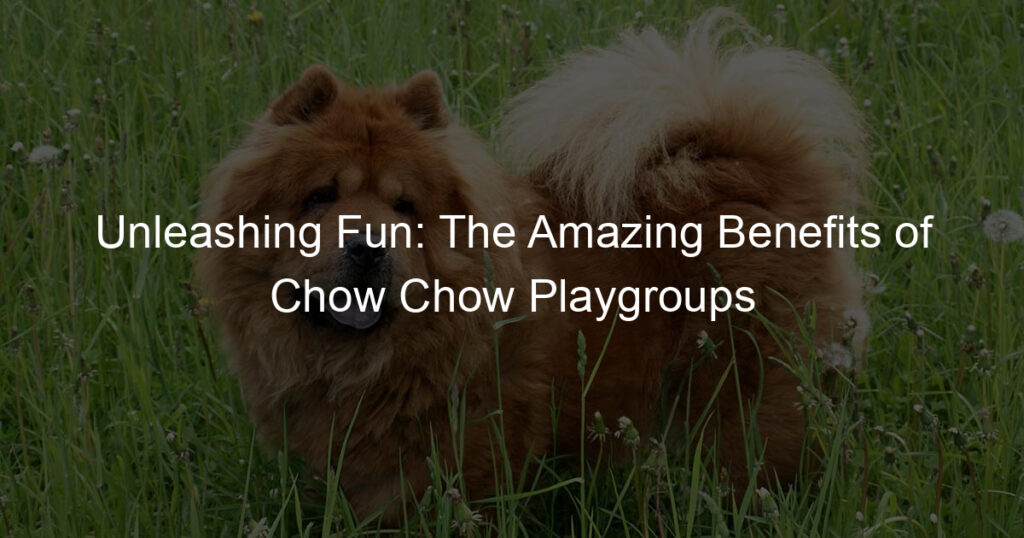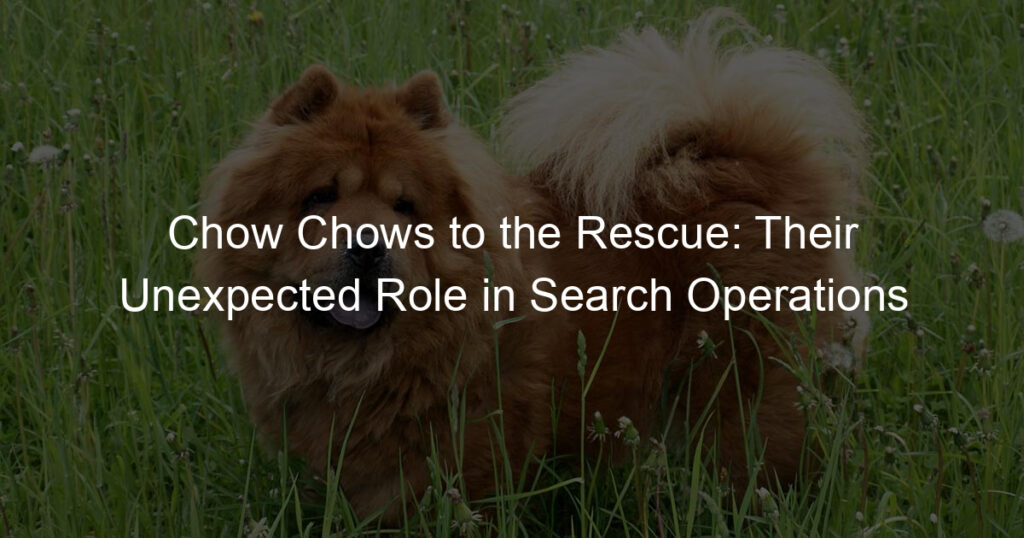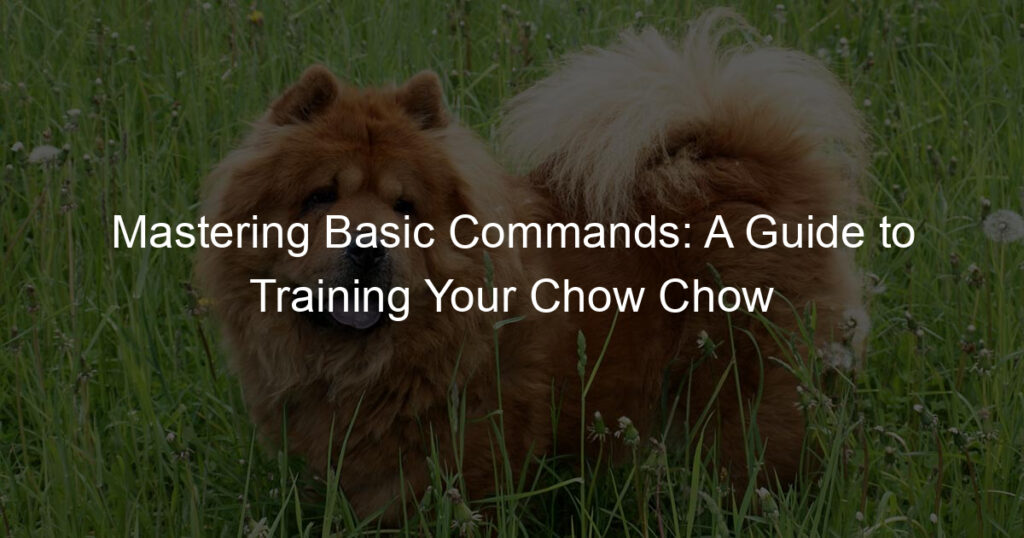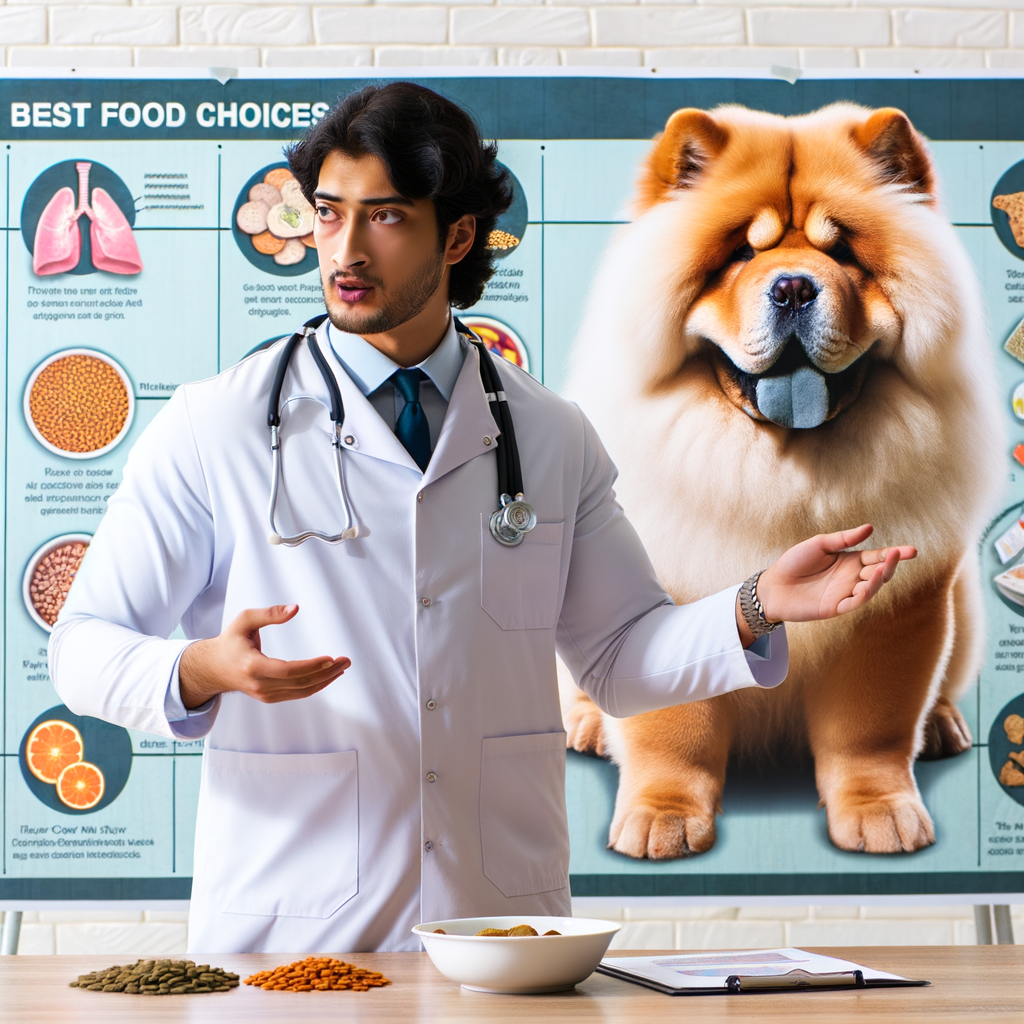
Introduction to Chow Chow Diet
When it comes to taking care of your Chow Chow, one of the most important aspects to consider is their diet. Just like humans, dogs need a balanced diet to stay healthy and active. This is especially true for Chow Chows, a breed known for its distinct dietary needs. In this section, we will delve into the importance of a balanced Chow Chow diet and dispel some common misconceptions about their food requirements.
A balanced diet is crucial for a Chow Chow’s overall health. It provides the necessary nutrients they need to maintain their energy levels, support their immune system, and keep their coat shiny and healthy. A balanced diet for a Chow Chow should include high-quality proteins, carbohydrates, fats, vitamins, and minerals. It’s also important to ensure they are getting the right amount of food based on their age, size, and activity level.
Feeding your Chow Chow a balanced diet can help prevent health issues such as obesity, heart disease, and skin problems. It can also contribute to their longevity, as a healthy diet can help them live longer, happier lives.
There are many misconceptions about what Chow Chows should eat. One common myth is that they should only be fed meat. While protein is an important part of their diet, Chow Chows also need other nutrients found in vegetables, grains, and fruits. Another misconception is that Chow Chows can eat the same food as humans. However, some human foods can be harmful to dogs, so it’s essential to know what foods are safe for them.
Another common misconception is that Chow Chows need to eat a lot because of their size. However, overfeeding can lead to obesity and other health problems. It’s important to feed your Chow Chow the right amount of food, not just the right kind of food.
In the following sections, we will delve deeper into the nutritional needs of a Chow Chow, provide practical tips for feeding them, and share successful case studies of Chow Chow diets. Stay tuned to ensure your Chow Chow’s nutritional health.
Decoding the Nutritional Needs of a Chow Chow
Understanding the nutritional needs of a Chow Chow is crucial for their health and wellbeing. This breed has specific dietary requirements that need to be met for them to thrive. Let’s delve into the key components of a Chow Chow’s diet and how to balance these needs effectively.
Understanding Chow Chow Diet
Chow Chows are unique dogs with specific dietary needs. They require a balanced diet to maintain their health and vitality. Let’s explore the key components of their diet and how to balance these nutritional needs.
-
- Key components of a Chow Chow’s diet
Chow Chows require a diet rich in protein, carbohydrates, and fats. They also need a good amount of vitamins and minerals. Protein is essential for muscle development and repair, while carbohydrates provide energy. Fats are crucial for skin and coat health, and vitamins and minerals are necessary for overall health and immune function.
-
- How to balance the nutritional needs of a Chow Chow
Balancing the nutritional needs of a Chow Chow involves providing a varied diet that includes high-quality dog food, fresh fruits and vegetables, and lean meats. It’s also important to monitor their calorie intake to prevent obesity, a common issue in this breed. Regular vet check-ups can help ensure that your Chow Chow is getting the right balance of nutrients.
Understanding and meeting the nutritional needs of a Chow Chow can seem daunting, but with a little knowledge and careful planning, you can ensure your furry friend is getting the best diet possible. Remember, every dog is unique, so it’s important to tailor their diet to their specific needs and lifestyle.
Chow Chow Dietary Needs
Understanding the dietary needs of your Chow Chow is crucial to ensure their health and happiness. Let’s delve into the specifics of what your furry friend needs in their diet.
-
- Protein requirements for a Chow Chow
Protein is a vital part of a Chow Chow’s diet. It helps build and repair muscles and tissues. Adult Chow Chows should have a diet that consists of at least 18% protein, while puppies need at least 22%. This can come from sources like chicken, beef, and fish.
-
- Carbohydrate needs of a Chow Chow
Carbohydrates provide energy for your Chow Chow. They should make up about 50% of their diet. Good sources of carbohydrates include brown rice, sweet potatoes, and oats. Remember, complex carbohydrates are better than simple sugars as they provide sustained energy.
-
- Fat requirements for a Chow Chow
Fats are essential for a Chow Chow’s diet as they provide energy, help absorb vitamins, and maintain healthy skin and coat. Your Chow Chow’s diet should consist of about 10-15% fat. Sources of good fats include fish oil and flaxseed.
-
- Vitamin and mineral needs of a Chow Chow
Vitamins and minerals are crucial for your Chow Chow’s overall health. They support the immune system, bone health, and metabolic processes. Ensure your Chow Chow’s diet includes a variety of fruits and vegetables, as well as high-quality dog food that is fortified with essential vitamins and minerals.
| Nutrient | Percentage in Diet | Good Sources |
|---|---|---|
| Protein | 18-22% | Chicken, Beef, Fish |
| Carbohydrates | 50% | Brown Rice, Sweet Potatoes, Oats |
| Fat | 10-15% | Fish Oil, Flaxseed |
| Vitamins and Minerals | Varies | Fruits, Vegetables, Fortified Dog Food |
Remember, every Chow Chow is unique and may have different dietary needs. Always consult with your vet to create the best diet plan for your furry friend.
Feeding a Chow Chow: Practical Tips
Feeding your Chow Chow properly is crucial to their health and happiness. This guide will provide practical tips and insights to help you make the best decisions for your furry friend’s diet.
Chow Chow Food Guide
Here are some key points to consider when planning your Chow Chow’s meals:
- Choosing the best food for your Chow Chow: Not all dog foods are created equal. It’s important to choose a high-quality food that’s rich in protein and low in fillers. Chow Chows typically do well on a diet that includes lean meats, whole grains, and vegetables. Avoid foods with artificial colors, flavors, or preservatives.
- Understanding food labels: Food labels can be confusing, but they’re important to understand. Look for a statement that the food is complete and balanced, which means it has all the nutrients your dog needs. Also, check the ingredients list. The first ingredient should be a source of animal protein, not a grain or vegetable.
- Feeding schedule for a Chow Chow: Chow Chows usually do well with two meals a day. Puppies need to be fed more frequently – three to four times a day. Always provide fresh water for your dog to drink. Remember, consistency is key to a healthy digestive system.
Feeding your Chow Chow doesn’t have to be complicated. With a little knowledge and planning, you can ensure your dog is getting the nutrition they need to thrive. Remember, every dog is unique, so what works for one Chow Chow may not work for another. Always consult with your vet if you have any concerns about your dog’s diet.
Chow Chow Nutrition Tips
Feeding your Chow Chow properly is crucial to their health and happiness. Here are some nutrition tips to help you keep your furry friend in top shape.
-
- Monitoring your Chow Chow’s weight
Keeping an eye on your Chow Chow’s weight is essential. Obesity can lead to numerous health problems, including heart disease and arthritis. Regularly weigh your dog and consult with your vet to determine the ideal weight for your Chow Chow. Remember, a healthy Chow Chow is not necessarily a heavy Chow Chow.
-
- Adjusting diet based on age and health conditions
As your Chow Chow ages, their dietary needs will change. Puppies require a diet rich in protein and fat to support their growth, while senior dogs may need a diet lower in calories but higher in fiber. Similarly, if your Chow Chow has a health condition like diabetes or kidney disease, they may require a special diet. Always consult with your vet before making significant changes to your Chow Chow’s diet.
-
- Dealing with a picky Chow Chow eater
Chow Chows can be picky eaters. If your dog is refusing to eat, try offering them a variety of healthy foods to see what they prefer. You can also try warming up their food or adding a little bit of low-sodium chicken broth to make it more appealing. However, if your Chow Chow continues to refuse food, it’s important to consult with a vet to rule out any underlying health issues.
Remember, every Chow Chow is unique and what works for one may not work for another. Always consult with a professional before making significant changes to your dog’s diet.
Case Studies: Successful Chow Chow Diets
Let’s delve into some real-life examples of Chow Chows who have thrived thanks to a well-balanced diet. These case studies highlight the importance of proper nutrition in overcoming common health issues in this breed.
-
Case Study 1: Overcoming obesity with a balanced diet
Meet Max, a four-year-old Chow Chow who was struggling with obesity. Max’s weight was causing him joint pain and reducing his overall energy levels. His vet recommended a diet change.
Max’s new diet was high in protein and low in fat, with a good balance of carbohydrates. His meals included lean meats, whole grains, and plenty of fresh fruits and vegetables. Max’s owner also made sure to control his portion sizes to prevent overeating.
After six months on this diet, Max had lost a significant amount of weight. His energy levels increased, and his joint pain was greatly reduced. This case study shows how a balanced diet can help a Chow Chow overcome obesity.
-
Case Study 2: Managing allergies through diet
Next, we have Bella, a two-year-old Chow Chow who was constantly scratching and had frequent ear infections. After a series of tests, Bella’s vet determined that she had a food allergy.
Bella’s owner switched her to a hypoallergenic diet, which eliminated common allergens like wheat, soy, and certain proteins. Instead, Bella’s meals consisted of novel proteins, such as venison and rabbit, and easily digestible carbohydrates like sweet potatoes.
Within a few weeks, Bella’s scratching had significantly decreased, and she had no more ear infections. This case study demonstrates how a carefully tailored diet can help manage a Chow Chow’s allergies.
These case studies underline the importance of a balanced, nutritious diet in maintaining a Chow Chow’s health. Whether it’s overcoming obesity or managing allergies, the right diet can make a world of difference in your pet’s well-being.
Key Takeaways: Ensuring Your Chow Chow’s Nutritional Health
As we conclude, let’s recap the essential points to remember for maintaining your Chow Chow’s nutritional health. These key takeaways are not just important, but they are also crucial for your Chow Chow’s overall well-being.
-
- Importance of Regular Vet Check-ups
Veterinary check-ups are vital to monitor your Chow Chow’s health. Regular visits to the vet can help identify any potential health issues early, including nutritional deficiencies. These check-ups also provide an opportunity for your vet to guide you on the right dietary plan for your Chow Chow, ensuring they get all the necessary nutrients.
-
- Signs of Nutritional Deficiencies in Your Chow Chow
Understanding the signs of nutritional deficiencies is crucial. Symptoms such as loss of appetite, lethargy, dull coat, and weight loss could indicate that your Chow Chow is not getting the right nutrients. If you notice any of these signs, it’s important to consult your vet immediately.
-
- Benefits of a Balanced Diet for Your Chow Chow’s Overall Health
A balanced diet is the foundation of your Chow Chow’s overall health. It not only keeps them physically fit but also boosts their immune system and improves their coat health. A diet rich in proteins, carbohydrates, fats, vitamins, and minerals ensures that your Chow Chow gets all the nutrients they need for a healthy life.
In conclusion, your Chow Chow’s nutritional health is a vital aspect of their overall well-being. Regular vet check-ups, understanding the signs of nutritional deficiencies, and providing a balanced diet are key to ensuring your Chow Chow’s health. Remember, a healthy Chow Chow is a happy Chow Chow!
